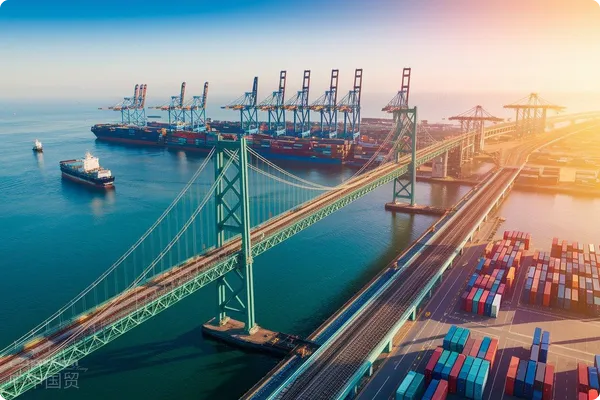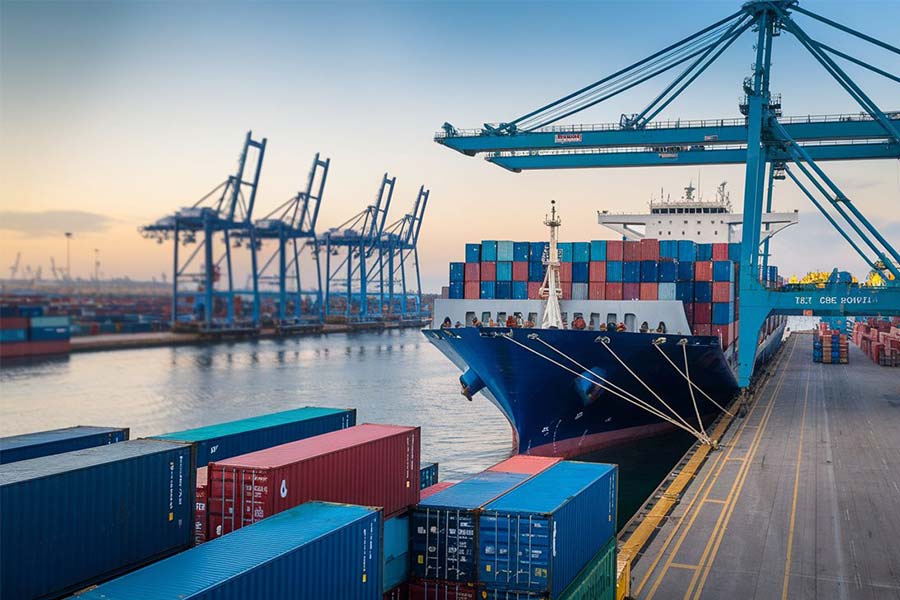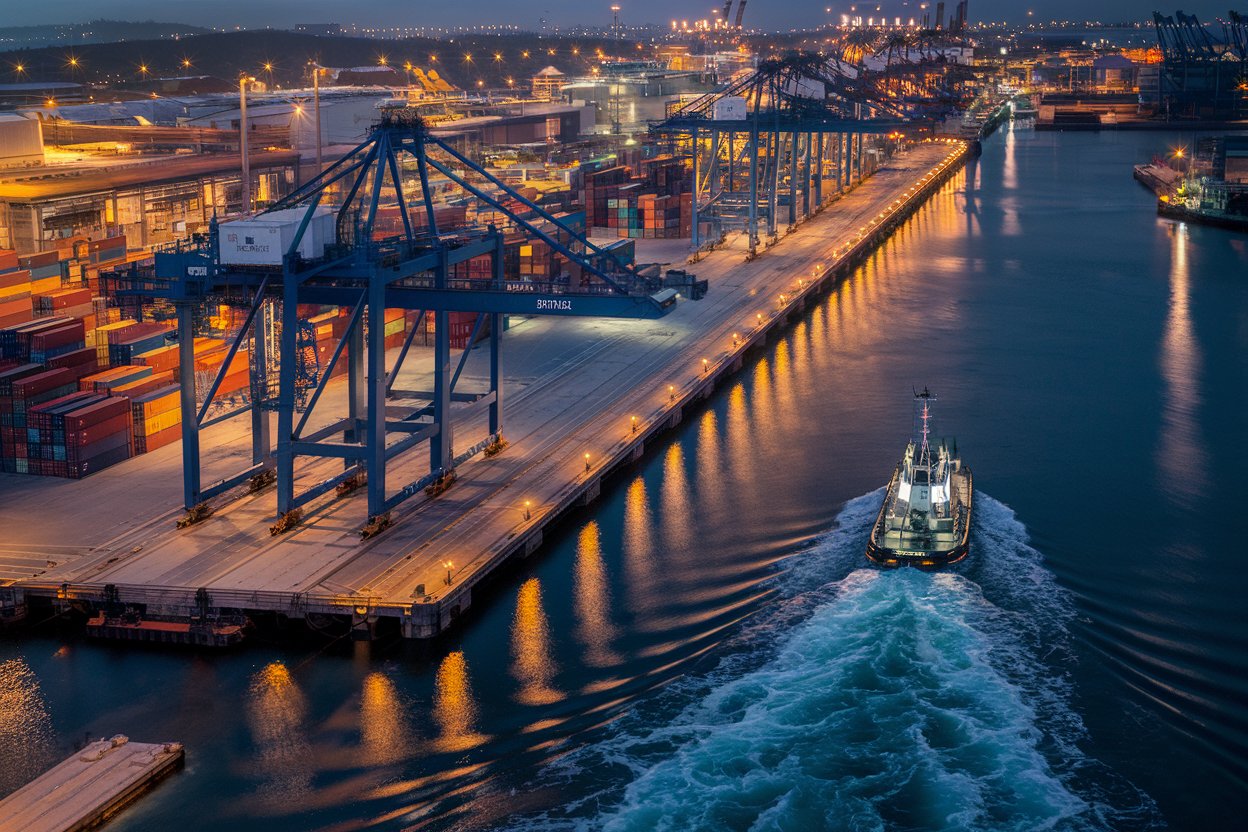- Shanghai Zhongshen International Trade Co., Ltd. - Two decades of trade agency expertise.
- Service Hotline: 139 1787 2118

Contents
ToggleRV (Recreational Vehicle)Equipment ImportsEmerging Industry Trends
In 2025, the domestic RV market continues to expand, with the procurement volume of imported equipment increasing by 23% year-on-year. However, customs data shows that 67% of return cases involve certification non-compliance. According to the latest "Administrative Measures for Imported Electromechanical Products," 18 types of equipment, including RV-specific air conditioners and vehicle-mounted generators, have been included.Compulsory Certification CatalogImporters must pay special attention to product compliance.
Identification of Risks Throughout the Entire Import Process
Risk Point 1: Product Certification Blind Spots
- 3CCertification: Products such as car inverters and electric awnings must provide Chinese labeling.
- Environmental Certification: The car refrigerator must comply with the GB/T 23131 energy efficiency standard.
- Special equipment: Satellite navigation systems must obtain the "Radio Transmission Equipment Type Approval Certificate."
Risk Point 2: Tax Calculation Errors
- Tariff rate: The average tariff rate for RV components in 2025 is 8.7% (HS code 87089900).
- VAT Deduction: Imported Equipment Used for Modification Business Requires Separate Filing.
- Formula Example: Duty-Paid Price = (CIF Price + Insurance) × Exchange Rate × (1 + Tariff Rate)
Risk Point 3: Transportation Plan Defects
- Packaging requirements: Vehicle-mounted kitchenware must be packed in moisture-proof and shockproof dedicated cases.
- Mode of transport: Precision instruments are recommended to be shipped in temperature-controlled containers.
- Insurance Clauses: Must include special provisions for loading and unloading damage.
Practical guide to customs clearance operations
Key Customs Inspection Focus for 2025:
- Technical Parameter Consistency: The equipment's power and specifications must fully match the declared documentation.
- It is recommended to verify through the following methods:Note: Products exported to the EU require an EUR.1 format certificate.
- Wooden packaging: Must bear the IPPC heat treatment mark.
It is recommended to adoptPre-classification declarationStrategy: Submit technical documents 30 days in advance for commodity code confirmation. For equipment valued over $500,000, an application can be made.Guaranteed Release After InspectionShorten the customs clearance cycle.
Agency service provider selection criteria
- Qualification requirements:
- Possesses the import operation rights for electromechanical products.
- Customs AEO Advanced Certification qualification
- Service capabilities:
- Overseas Inspection Team Configuration
- The processing time for emergency customs clearance issues shall be ≤4 hours.
- Cost Control:
- Offer tiered commission rates
- Customs deposit optimization solutions
It is recommended to clearly specify when signing the contract.liability allocation clauses, especially the mechanism for sharing losses due to port delays caused by documentation issues. Choose those that can provideFull-process visual trackingService providers of the system can track cargo movements in real time.
Typical case analysis
When an RV company imported vehicle-mounted air conditioning units from Germany, it failed to notice the new regulations set to take effect in 2025.Restriction on GWP value of refrigerants, resulting in the goods being detained at the port for 17 days. With the intervention of professional agents, customs clearance was completed through technical rectifications and supplementary test reports, incurring additional costs amounting to 12% of the cargo value. This case highlights the importance of professional customs declaration services.
Recommended for enterprises to establishCompliance List of Imported EquipmentRegularly update changes in certification requirements across countries. Establish a quarterly communication mechanism with agency service providers to obtain early policy warning information, effectively controlling cross-border procurement risks.
Related Recommendations
? 2025. All Rights Reserved. Shanghai ICP No. 2023007705-2  PSB Record: Shanghai No.31011502009912
PSB Record: Shanghai No.31011502009912










